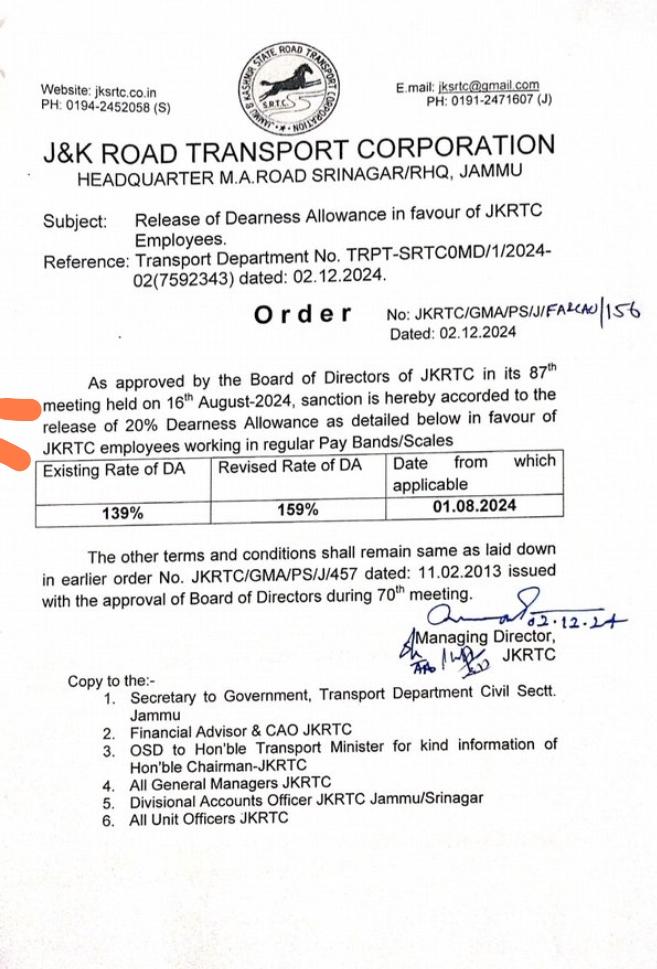
Indian Economic Service (IES) and Indian Statistical Service (ISS) Exam 2024: Comprehensive Guide
Exam Overview
The UPSC conducts the Indian Economic Service (IES) and Indian Statistical Service (ISS) exams annually to select candidates for the economic and statistical branches of the Indian government. These positions involve critical roles across various ministries and organizations.
Eligibility Criteria
- Nationality: Candidates must be Indian citizens, or subjects of Nepal/Bhutan, or Tibetan refugees who arrived in India before January 1, 1962.
- Educational Qualification:
- IES: A postgraduate degree in Economics, Applied Economics, Business Economics, or Econometrics from a recognized university.
- ISS: A bachelor’s degree in Statistics, Mathematical Statistics, or Applied Statistics, or a master’s degree in the same fields from a recognized institution.
- Age Limit: Candidates must be aged between 21 and 30 years as of August 1, 2024. Relaxations apply for reserved categories.
Application Process
- Visit the official UPSC website: upsc.gov.in.
- Find the IES/ISS exam notification under the “Examinations” section.
- Register using the One Time Registration (OTR) system.
- Complete the application form with required personal and educational information and upload necessary documents.
- Pay the application fee (either online or offline):
- Fee: INR 200 (no fee for SC/ST/PH/Female candidates).
Important Dates (Tentative)
- Notification Release: April 2024
- Application Start Date: April 2024
- Last Date to Apply: May 2024
- Exam Date: June 2024
- Admit Card Release: Two weeks before the exam.
Exam Pattern
- Indian Economic Service (IES): Comprises six papers—General English, General Studies, and four Economics-related subjects. Total marks: 1000 (800 for written exam, 200 for interview).
- Indian Statistical Service (ISS): Also consists of six papers—General English, General Studies, and four Statistics-related subjects. Total marks: 1000 (800 for written exam, 200 for interview).
Key Preparation Topics
- Econometrics: Understanding quantitative methods in economics.
- Applied Statistics: Utilizing statistical techniques in various domains.
- General Studies: Staying updated on current events, Indian history, polity, and geography.
- Time Series Analysis: Analyzing data points collected over time.
- Public Finance: Exploring government expenditure, taxation, and fiscal policies.
For more details and official updates, please visit the UPSC official website.




